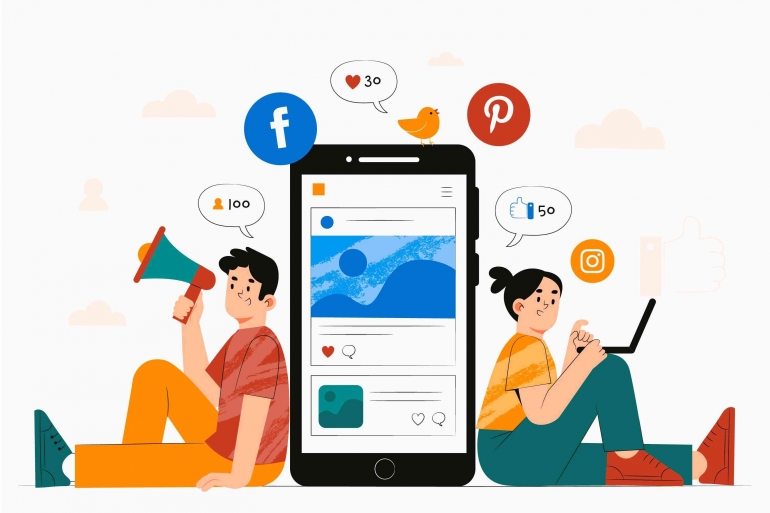Good morning, afternoon, evening or night.
Year after year the development of technology is increasingly advanced, the means of information and telecommunications are also developing according to human interests and needs.
The digital era 5.0 which creates the concept that humans and technology coexist in forming a better standard of living. The form created from this digital activity is usually in the form of digital assets.
Digital assets are everything that is in a digital format and is equipped with the right to use the asset, because it is in a digital format, this digital asset can be in the form of photos, videos, documents, pdf's, design files, presentations, marketing collateral, etc.
In the tourism industry, especially for a destination, this digital asset is very important because in processes such as marketing activities it will be more efficient to use digital space.
The use of digital space in the tourism industry is definitely related to innovation, increasingly fierce business competition makes each tourism business compete to create and implement digitalization into their products, facilities, and infrastructure. Therefore, in its application, digitalization in the tourism industry requires sufficient knowledge to get maximum results, this knowledge is in the form of digital innovation competence.
Digital innovation competence is a new idea or idea for a digital concept that is applied to create a breakthrough in advancing a business. In the realm of tourism, one of the industries that has created many innovations in this pandemic era is the restaurant industry.
One of the processes of transmitting the covid-19 virus is by physical touch, therefore many restaurants are innovating to use E-menus that can be accessed only by scanning the QR code so that physical contact is reduced because they no longer use the menu book.
One form of application of this digital innovation competence is Smart Travel Facilitation, this is a form of digital transformation where a tour operator facilitates visitors with digital technology to access information, transactions, and infrastructure at the location.
An example of the tourism industry that has implemented Smart Travel Facilitation is the aviation industry, this industry provides convenience for visitors such as smart visas, online ticket bookings, and online check-in (boarding passes).







